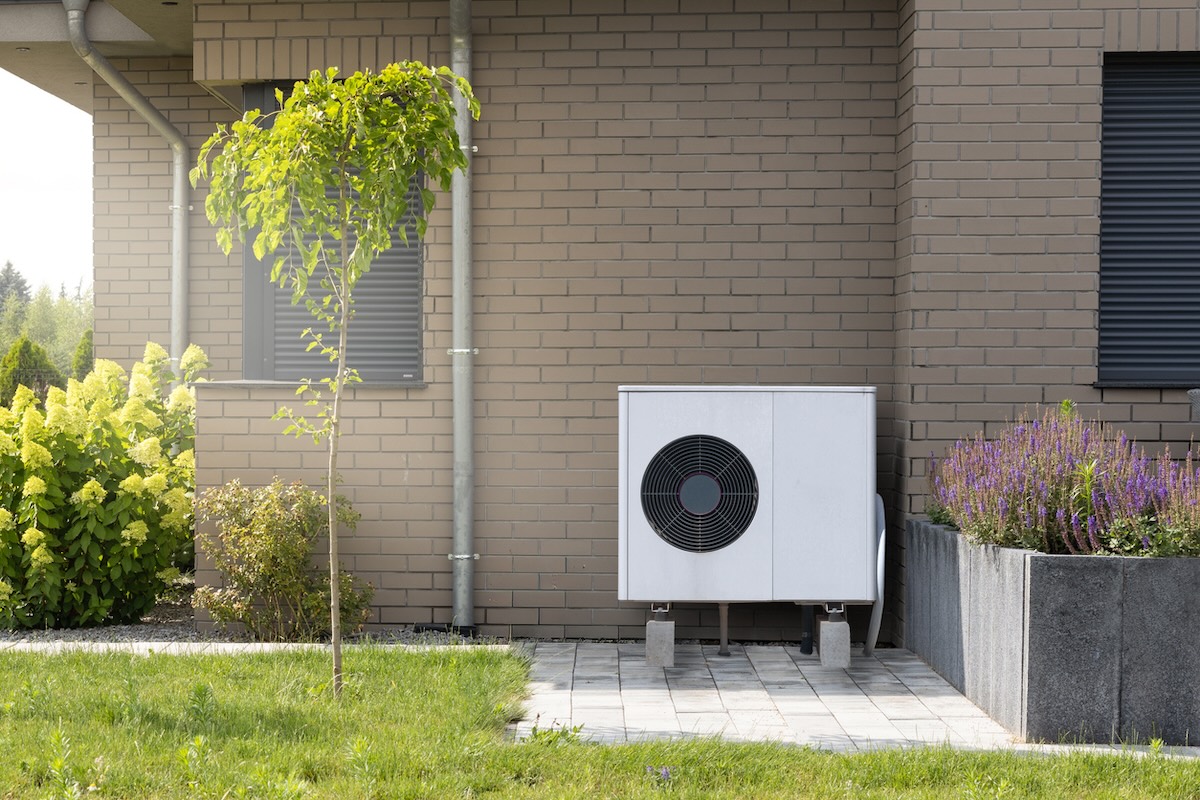The Energy Code Safe Harbor Toolkit
Plug-and-play building energy code proposals to promote heat pumps in new buildings while minimizing risk of federal preemption.

A growing number of cities and states are eager to make meaningful progress on decarbonizing buildings to achieve climate targets, enhance quality of life for all residents and businesses, and improve energy efficiency. New construction poses an irreplaceable opportunity to build smart from the start: it is the most cost-effective time to improve efficiency and helps prepare the workforce to decarbonize existing homes and businesses. To do this, leaders need policies that make zero-emission new construction the norm while avoiding legal pitfalls, especially regarding the federal Energy Policy and Conservation Act (EPCA).
In 2023, a surprising federal circuit court decision introduced a new interpretation of EPCA and halted one of the most ambitious city climate policies in the country, Berkeley’s all-electric new construction ordinance. As a result, in Berkeley and throughout all eight states in the Ninth Circuit, governments are now limited in how they can require all-electric new construction. While many tools to advance building decarbonization remain for Ninth Circuit jurisdictions, and the decision does not limit city or state action in other circuits, the risk of similar legal challenges has caused concern in some jurisdictions.
To help cities and states successfully advance zero-emissions new construction for commercial and residential properties with confidence, RMI and the Public Health Law Center have collaborated to release the Energy Code Safe Harbor Toolkit.
What is the Toolkit? The Toolkit comes in two parts:
Watch the Zero Fuel Bias Energy Codes webinar to learn more, including:
Plug-and-play building energy code proposals to promote heat pumps in new buildings while minimizing risk of federal preemption.